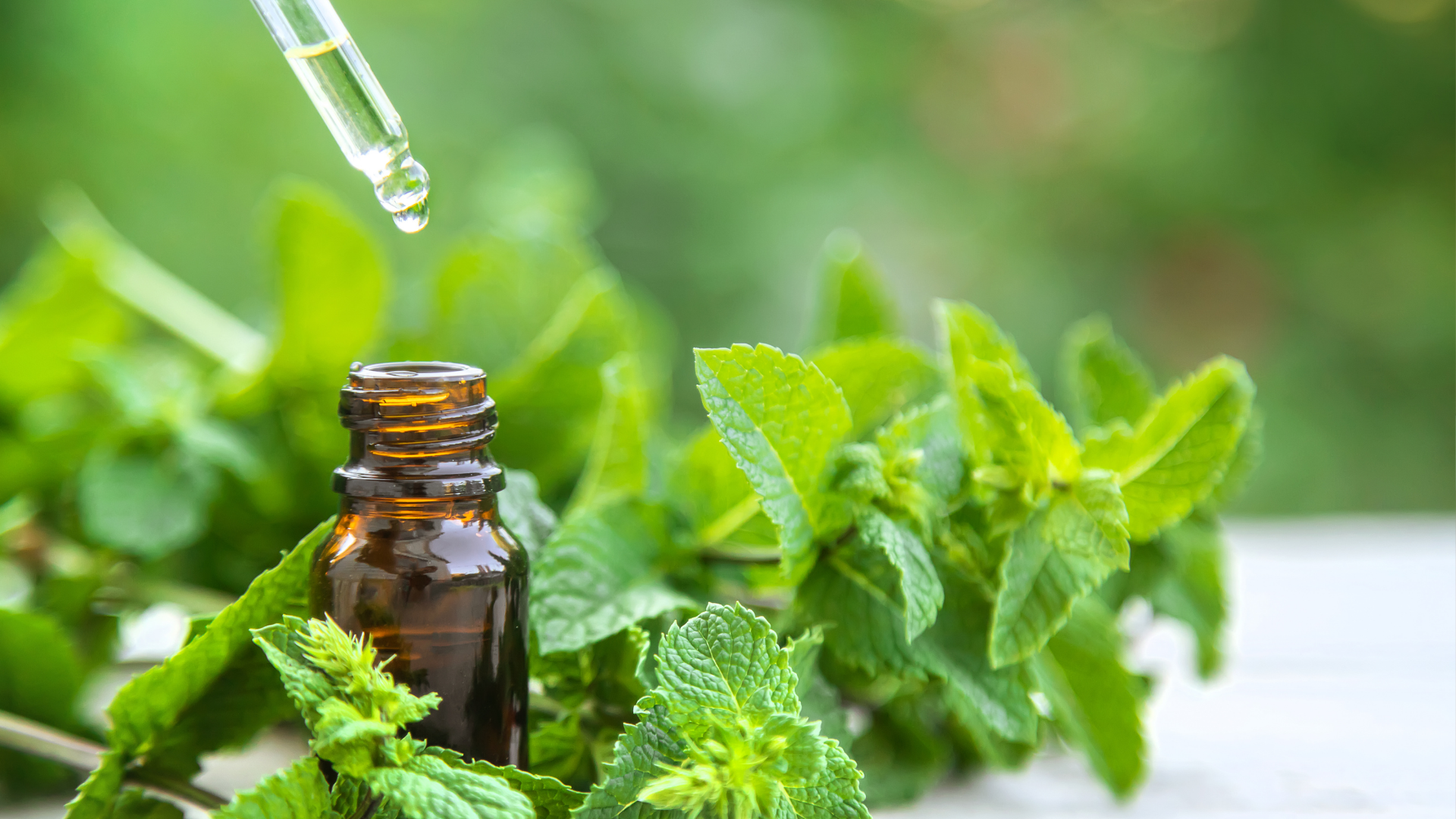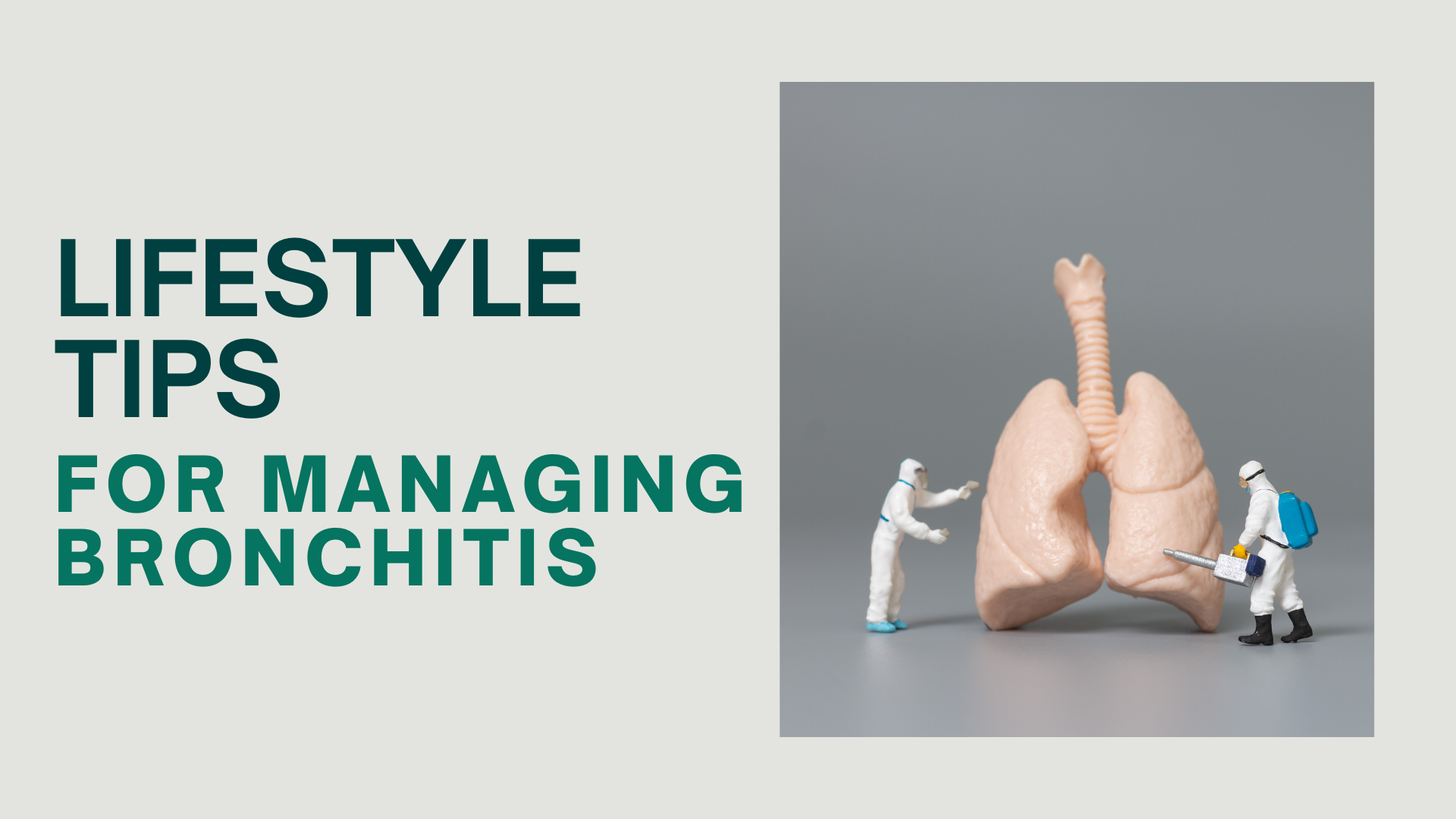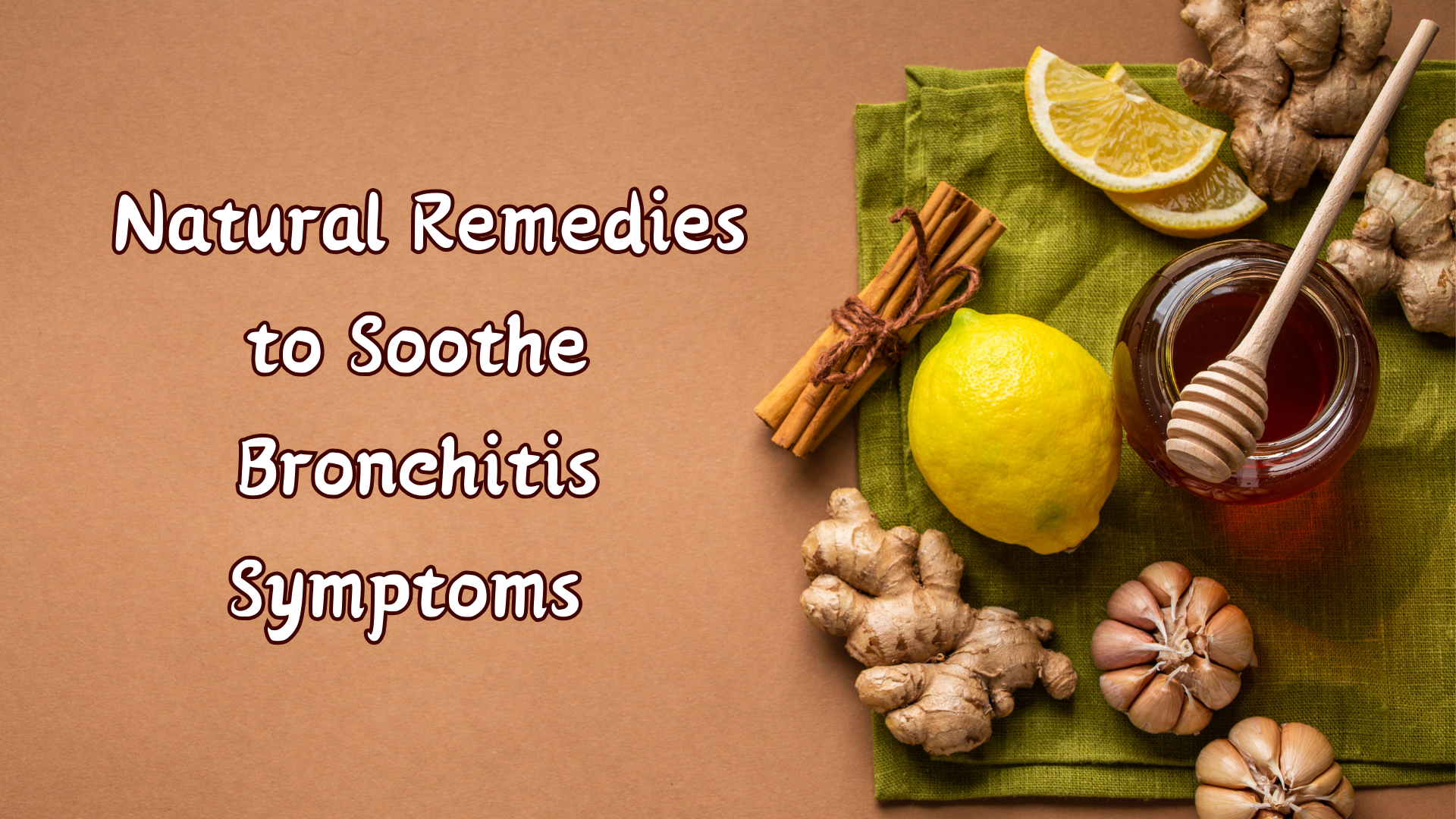Bronchitis is a typical respiratory disease that causes inflammation in the bronchial tube, which transports air from and to the lungs. The inflammation can cause symptoms such as coughing and mucus production, chest pain, and trouble breathing. Although acute bronchitis usually heals by itself, chronic bronchitis is longer-lasting and requires continual treatment. If you are looking for alternatives to conventional treatments, natural remedies may relieve and assist in managing symptoms.
Understanding Bronchitis
Bronchitis is broadly divided into two kinds:
- Acute bronchitis usually results from viral illnesses. It can be short-term and usually results from a flu or cold. The symptoms typically last for a couple of weeks and could include an active and irritable cough and an occasional fever.

- Chronic Bronchitis is a chronic condition frequently linked to smoking cigarettes or long-term exposure to irritating substances. It manifests as chronic coughing that creates mucus for at least three months in two consecutive seasons.
No matter what the condition, the goal of treating bronchitis is to reduce symptoms, decrease inflammation, and boost breathing. Natural remedies can contribute to this process.
Natural Remedies for Bronchitis
Honey and Lemon
It has long been utilized for its antibacterial and soothing properties. Honey can ease coughing and coat the throat, reducing irritation. Lemon juice is rich in vitamin C. It is an antioxidant, boosting your immune system.
How to Use:
- Mix 1 tablespoon of honey and one teaspoon of lemon juice.
- Consume this mix frequently throughout the day, particularly before bedtime.
Steam Inhalation
Inhaling steam may help loosen mucus, making it easier to eliminate. It can also soothe inflammation of the bronchial tissues and improve the overall quality of breathing.
How to Use:
- Boil water, then put it in an empty bowl.
- Cover your head, and then place the bowl, forming an enclosure.
- Relax deeply and breathe through your mouth and nose for 10 to 15 minutes.
It can enhance the steam by adding essential oils such as eucalyptus and peppermint for more benefits.
Ginger Tea
Ginger is anti-inflammatory and may reduce inflammation of the airways. It also has expectorant qualities that help remove mucus.
How to Use:
- Fresh ginger slices are boiled in water for about 10 minutes.
- Then strain the tea and drink it at least three times per day.
Thyme
Thyme is a potent herb with antispasmodic and antimicrobial properties. It can reduce coughs and improve respiratory health.
How to Use:
- You can prepare tea with thyme by steeping 1 teaspoon of dried thyme in one cup of hot water for about 10 minutes.
- Take this tea two up to three times daily.
Eucalyptus Oil
Eucalyptus oil is famous as a natural remedy to cleanse respiratory tracts. It functions as an antiseptic and decongestant. Characteristics.
How to Use:
- Include a few drops of Eucalyptus oil into an ice bath and breathe steam.
- You can also use a diffuser to disperse oil in your living area.
Garlic
Garlic is rich in allicin, an ingredient with antiviral and antibacterial properties. It can strengthen your immune system and fight infections.
How to Use:
- Chop or smash raw garlic, then allow it to sit for a while to release the allicin.
- Incorporate it into your meals or drink it straight from the benefit of a drink of water.
Peppermint

The menthol in peppermint may ease tension in the respiratory tract and is a natural decongestant.
How to Use:
- Make a cup of peppermint tea from dried or fresh peppermint leaves.
- It is also possible to inhale steam from peppermint in the exact method as the eucalyptus oil.
Saltwater Gargle
Gargling with salt water may alleviate sore throats and decrease mucus accumulation inside the throat.
How to Use:
- Dissolve a half teaspoon of salt in the warm water in a glass.
- Take a few times throughout the day, particularly after coughing.
Turmeric
Turmeric contains curcumin, which has potent anti-inflammatory and antioxidant qualities. It may help lessen inflammation in the bronchial tube.
How to Use:
- Mix turmeric powder with warm milk (golden milk) and drink it before bed.
- You can also incorporate turmeric in your cooking dishes to reap its anti-inflammatory properties.
Stay Hydrated
Staying hydrated helps thin mucus, making it easier to eliminate. Additionally, it helps keep the mucous membranes hydrated, reducing irritation.
How to Use:
- Drink plenty of fluids throughout the day.
- The herbal teas, as well as broths, are excellent options to stay hydrated.
Lifestyle Tips for Managing Bronchitis

Alongside natural cures, certain lifestyle changes can improve the overall health of your respiratory system and help ease symptoms of bronchitis:
- Avoid irritants Beware of smoking, pollution, and other environmental pollutants that could trigger bronchitis symptoms.
- Get adequate rest Resting helps your body to heal and fight illnesses more efficaciously.
- Use good hygiene practices Hands should be washed frequently to keep your hands clean and prevent spreading germs.
- Maintain a Healthy Lifestyle Maintain a healthy diet with plenty of vegetables, fruits, and whole grains to boost the immune system.
- Get active regularly Gentle exercise, such as walking, can improve the function of your lungs and general health.
Conclusion
Natural remedies are an important part of the treatment regimen for bronchitis, providing relief from symptoms and promoting overall health. Treatments like lemon and honey steam inhalation, steam inhalation, and herbs have been utilized throughout history to ease breathing discomfort. But it’s important to use these remedies with care and when combined with well-qualified health advice, especially when you have severe or chronic cases.
By integrating these approaches, along with lifestyle changes and a balanced diet, individuals can take positive steps to improve their respiratory health and find relief from bronchitis symptoms.
FAQs
Do natural remedies work as a substitute for prescription medications for bronchitis?
Natural remedies may complement prescription medicines, but they should not be used in place of them, especially in chronic bronchitis or serious symptoms. Always consult with a medical doctor before beginning any new treatment plan.
How long should I continue using natural remedies to treat the bronchitis?
The time frame for natural remedies depends on the severity and nature of the bronchitis. For acute bronchitis, remedies can be used until symptoms improve, generally within several weeks. Chronic bronchitis may require treatment; however, it is important to collaborate with a healthcare professional for ongoing treatment.
Are there any negative side effects associated with these natural solutions?
Most herbal remedies are safe if employed correctly; however, certain people might experience sensitivities or allergies. Honey must be avoided for children less than one-year-old because of the possibility of botulism. Always test your patch for essential oils and speak with your doctor if you are concerned.
How can I determine whether my bronchitis has improved by combining natural remedies?
Lower mucus production and better breathing can indicate improvement. If symptoms worsen, you should consult your doctor, as this may indicate the need for more intense treatment.
Can diet and lifestyle changes alone manage bronchitis effectively?
Changes in lifestyle and diet are essential for overall health and may help manage bronchitis. However, they’re usually most effective when paired with other treatment options, such as prescription medications, which are prescribed by a medical professional.
